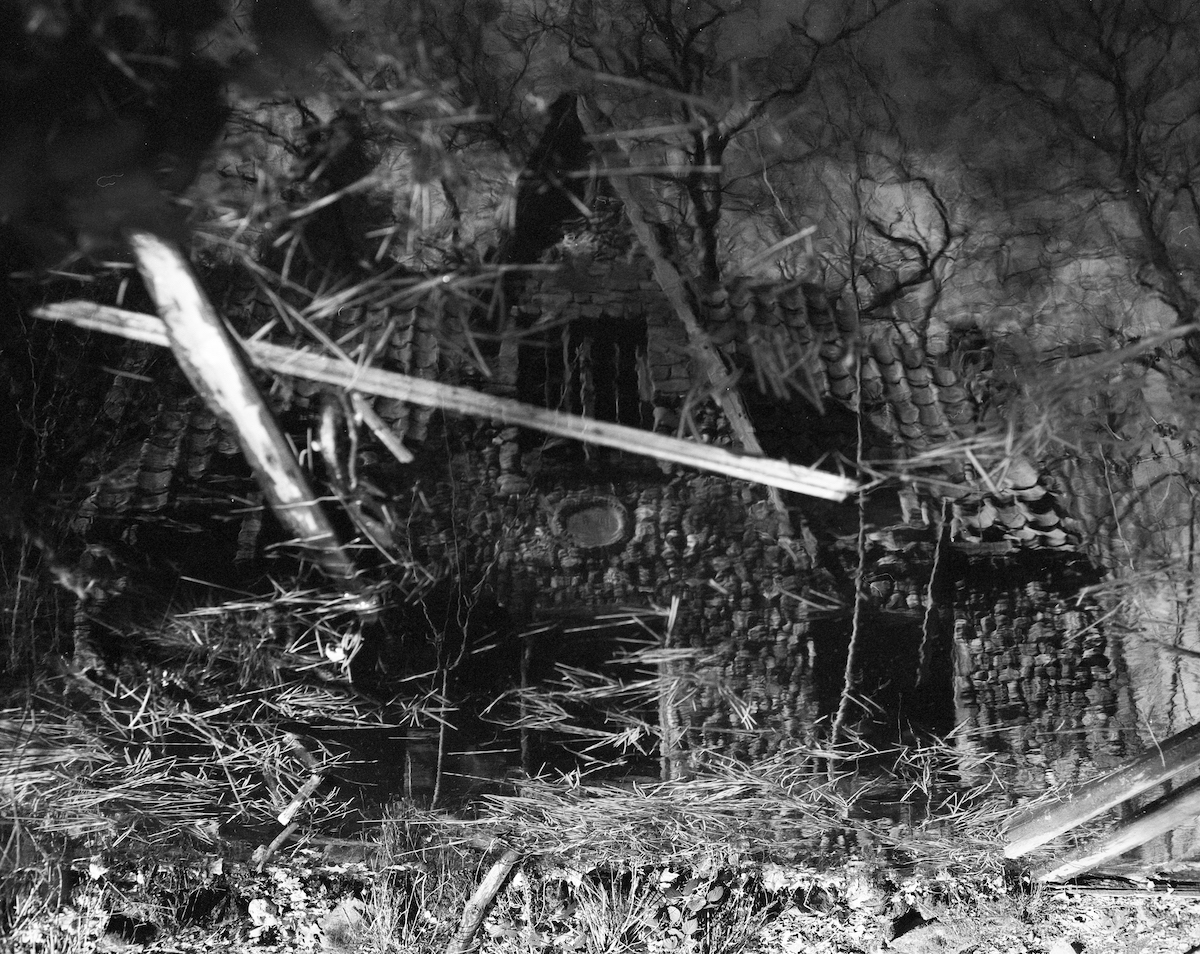The present podcast is the third episode in a podcast-series, which we have named ‘The Mind of Skill’. As the name indicates, this series investigates the mental dimensions of skill—more precisely, it does so by interviewing a line of current experts.
Besides being of interest in itself, the nature of skill is related to more general questions of human existence. For example, many of the ancient Greek philosophers saw a clear link between virtue and skill: according to them, virtuous individuals who were capable of living well could in some sense also be seen as people who acquired the skill to live. In relation, Buddhist teachings often stress the virtuous and awakened person as a skilful person—skilful in ethics, concentration, and wisdom. This is, in many ways, highlighted in Zen Buddhist practice in which activities such as calligraphy, poetry, tea-making, and many other activities require a high level of skill. With this in mind, there seems to be a clear connection between skill and the good life. The hope is that this series can clarify some aspects of this connection and aspire the listener to explore it.
The focus of this episode is on musical skill and the states of mind that characterise expert musical performance. To introduce and outline this exciting topic, the guest of the episode is philosopher and phenomenologist Simon Høffding. Simon is PhD in philosophy from University of Copenhagen and is today associate professor at the Department of Sports Science and Clinical Biomechanics at the University of Southern Denmark. Among his many research interests, Simon has done extensive qualitative research on the experiences that occur during expert musical performance by closely following the Danish String Quartet. Additionally, Simon has published several academic papers on topics like amnesia, flow, and absorption during musical and expert performances in general.
The interview with Simon will touch upon several topics, such as the role of phenomenology in skill research, the experiential state of musical absorption, how musicians cope with performance disturbing factors, and the kind of ‘we’ or community that arises out of joint musical activity. At last, Simon further provides an insight into his own current and fascinating research on musical experience in different respects.
We hope you enjoy the interview!
Host: Victor Lange
Production: Heine Volder
Music: Victor Lange & Heine Volder


